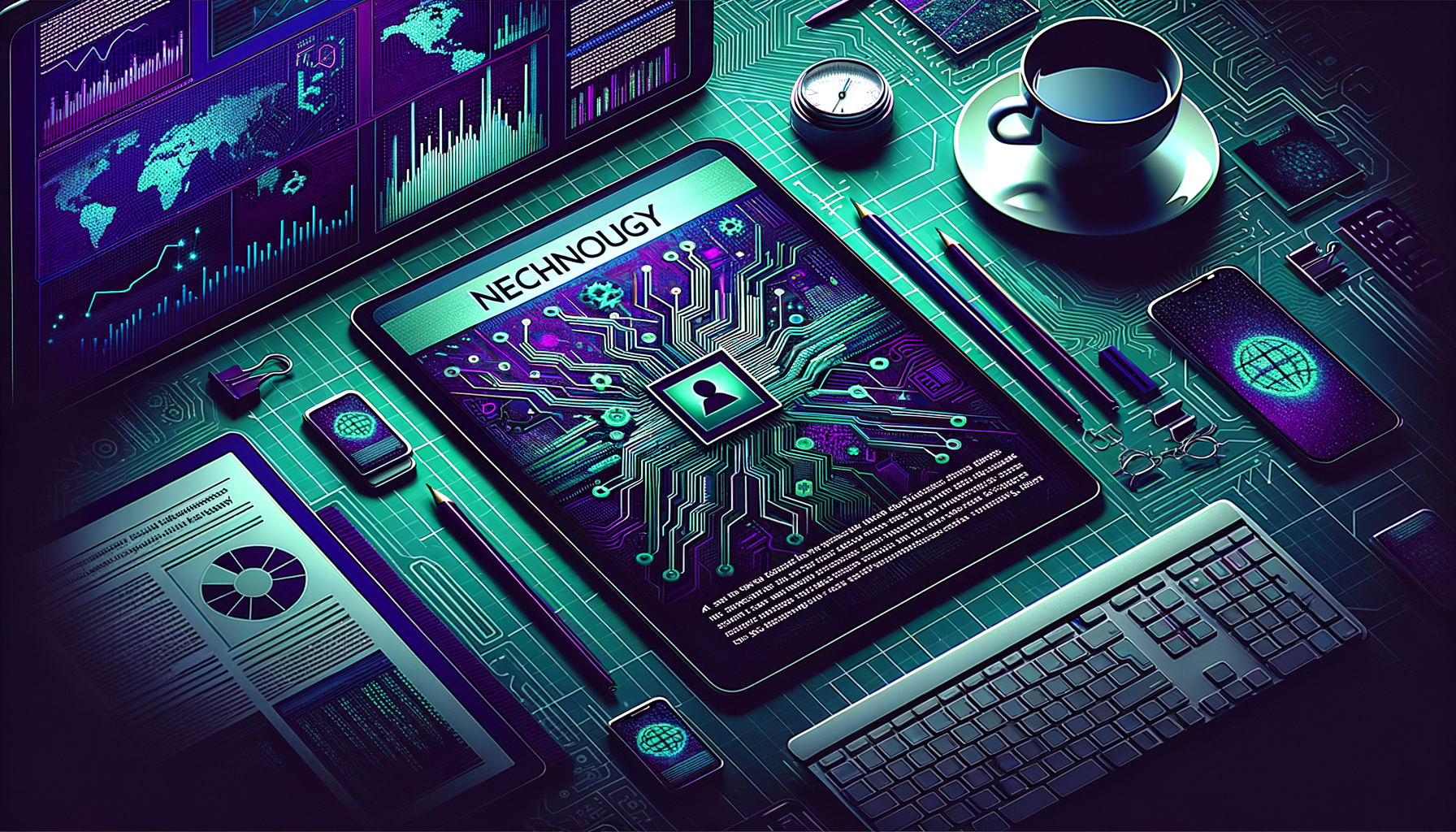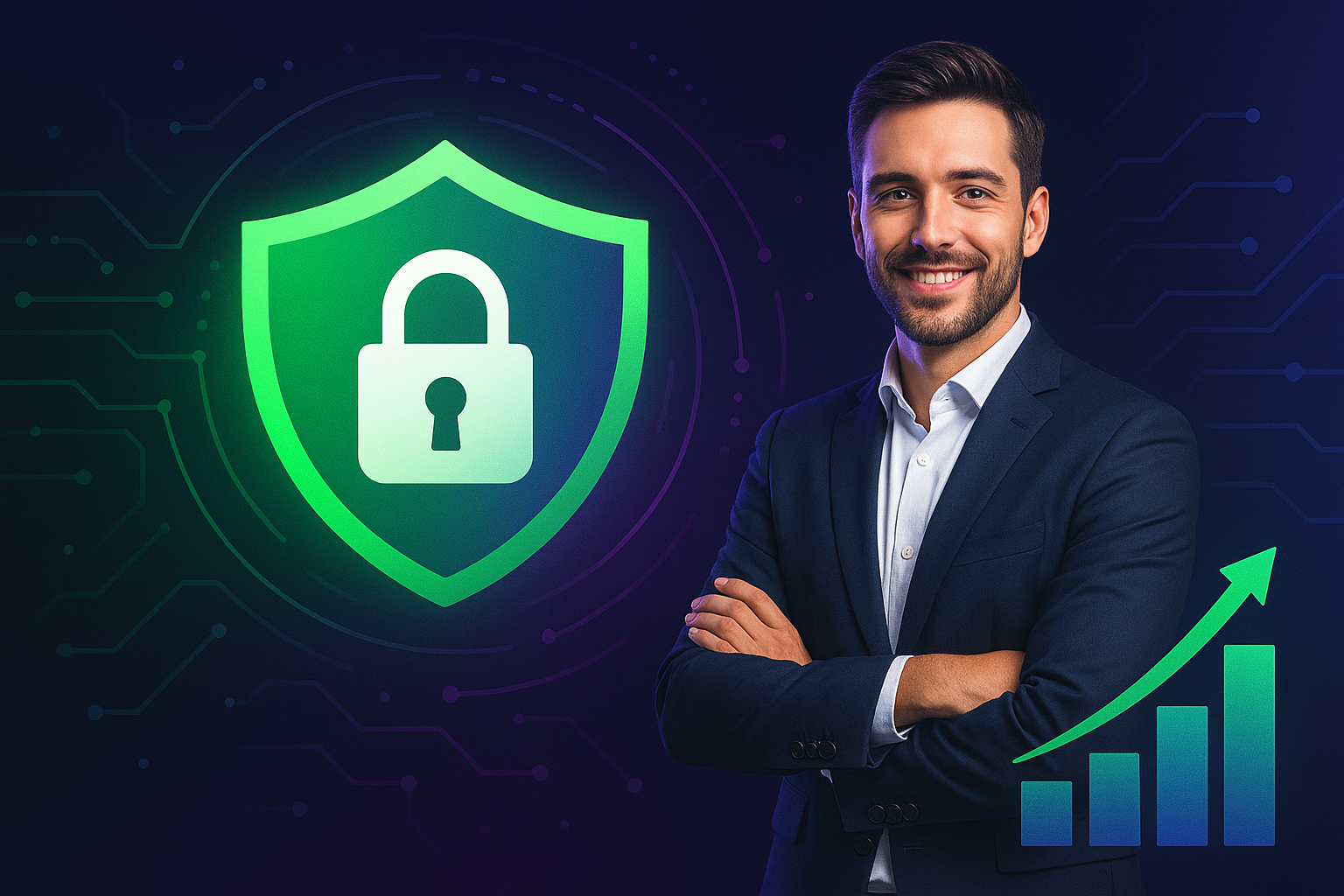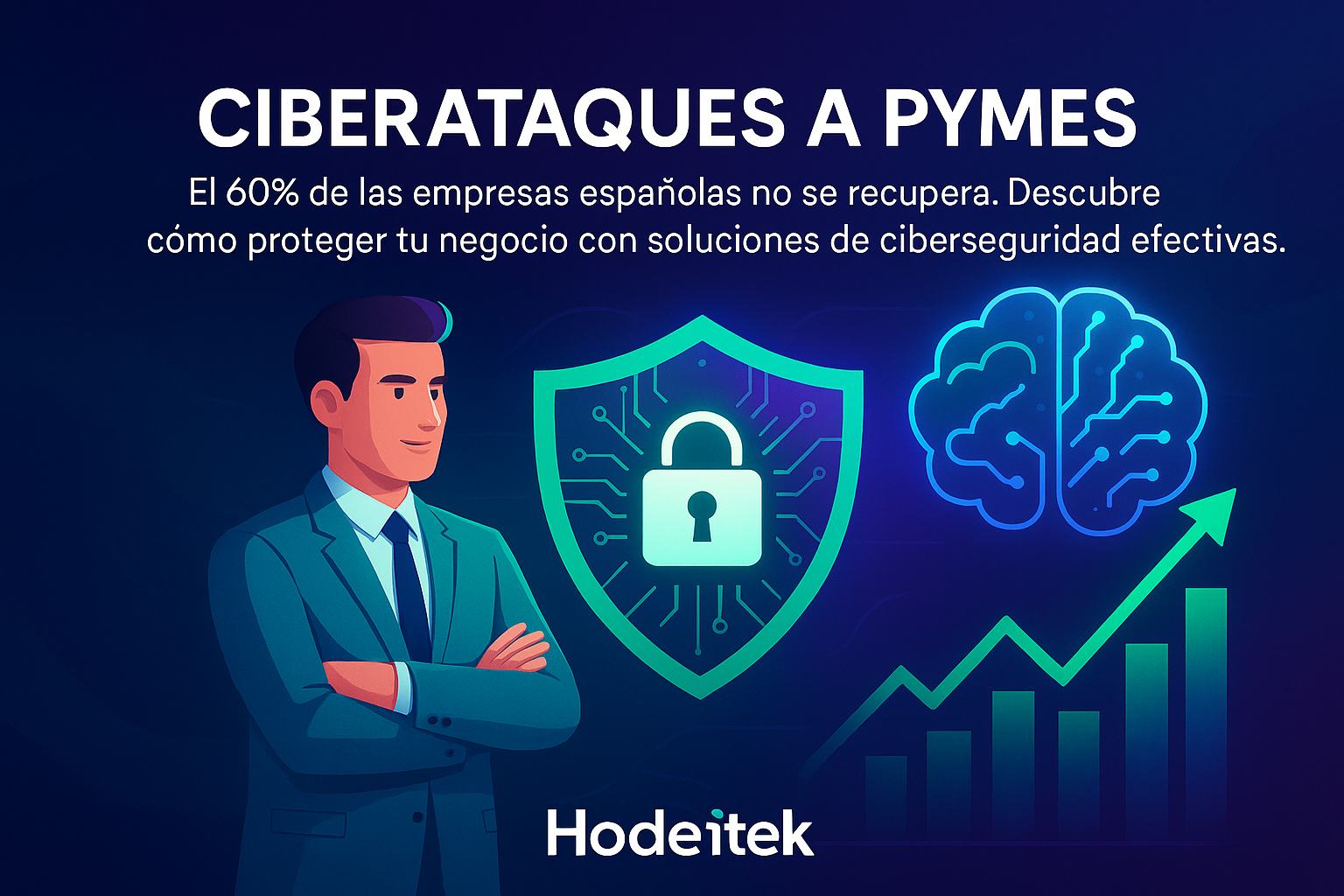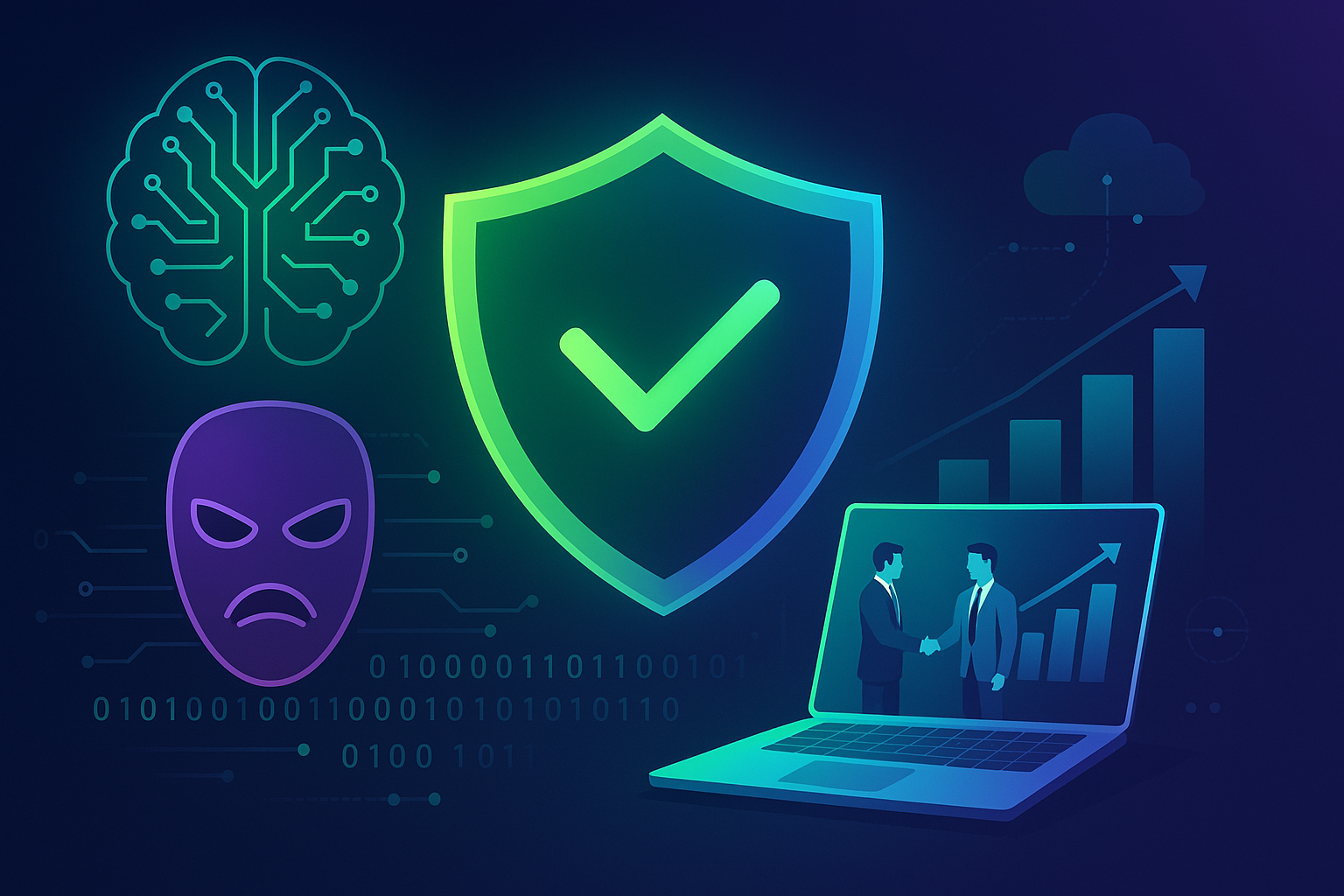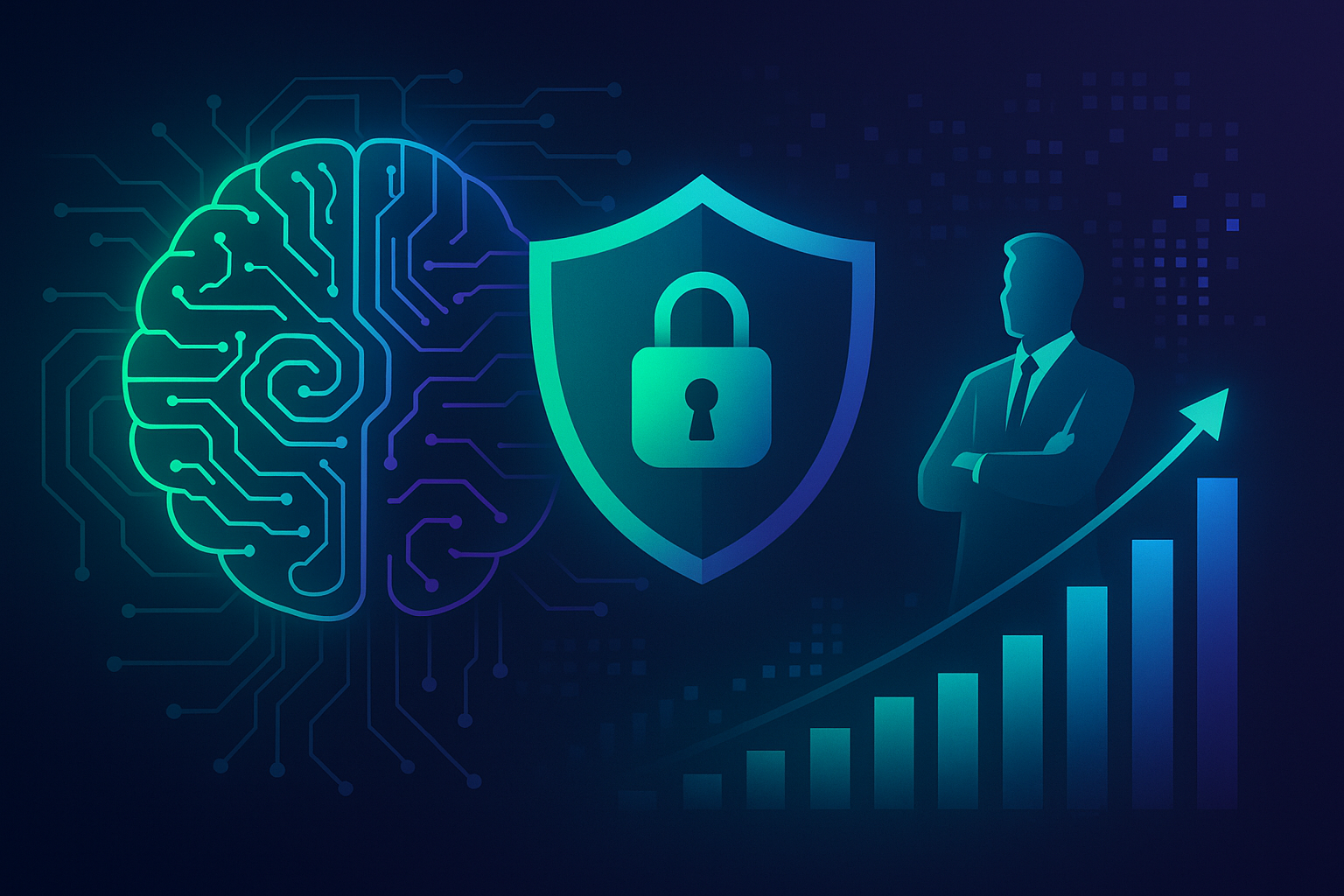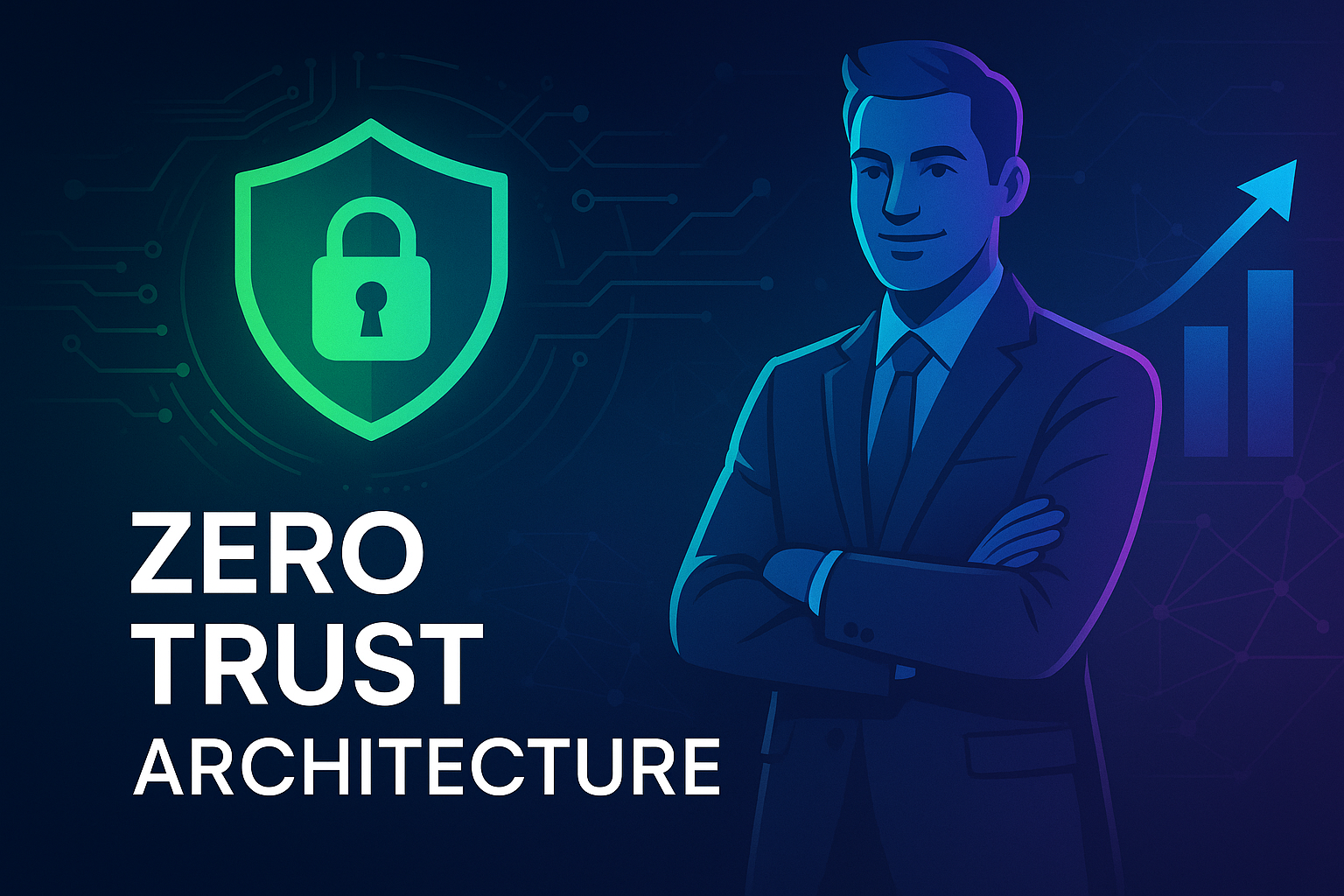North Korean-Linked Malware Targets: A Growing Concern for European Businesses
In July 2024, The Hacker News reported a significant cyber threat involving North Korean-linked malware targeting various entities globally. This raises alarming concerns for enterprises, particularly in Europe, where cybersecurity threats are increasingly sophisticated and persistent. In this article, we delve into the intricacies of this malware attack, explore multiple sources for a thorough analysis, and provide actionable insights for businesses to strengthen their cybersecurity defenses.
Understanding the North Korean-Linked Malware Attack
The recent cyber attack attributed to North Korean operatives has been particularly disruptive. According to The Hacker News, the malware in question is designed to infiltrate networks, extract sensitive information, and cause widespread damage. This attack aligns with previous activities of state-sponsored groups such as APT38 and the Lazarus Group, known for their financial motives and geopolitical agendas.
Technical Analysis of the Malware
The malware uses advanced techniques, including custom-coded modules and obfuscation methods, to evade detection by traditional security measures. It employs a multi-stage approach to infiltrate systems, making it challenging for cybersecurity teams to identify and mitigate the threat swiftly.
Stage 1: Initial Infection
The initial infection vector typically involves phishing emails containing malicious attachments or links. Once a user clicks on the attachment, the malware gains a foothold in the system.
Stage 2: Lateral Movement
After establishing an initial presence, the malware employs various techniques to move laterally across the network, exploiting vulnerabilities and gaining higher privileges.
Stage 3: Data Exfiltration and Destruction
In the final stage, the malware exfiltrates sensitive data to remote servers controlled by the attackers, followed by potentially destructive actions that can cripple the organization’s operations.
Impact on European Businesses
Such sophisticated attacks pose a significant threat to businesses across Europe. The potential for data breaches, financial loss, and reputational damage is immense. For instance, a recent survey by the European Union Agency for Cybersecurity (ENISA) indicated that nearly 60% of European businesses experienced at least one significant cyber attack in the past year.
Key Sectors at Risk
Sectors such as finance, healthcare, and critical infrastructure are particularly vulnerable due to the high value of the data they manage. For example, a major financial institution in Spain reported an attempted breach linked to the same North Korean group, resulting in heightened security measures and significant operational disruptions.
Strengthening Cybersecurity Defenses
In light of these threats, it’s crucial for businesses to bolster their cybersecurity frameworks. At Hodeitek, we offer a comprehensive suite of cybersecurity services designed to protect enterprises against such advanced threats. Here, we detail some of our key services and their relevance in combating North Korean-linked malware attacks.
EDR, XDR, and MDR
Our EDR, XDR, and MDR services provide robust endpoint protection, advanced threat detection, and managed response capabilities. These services enable continuous monitoring and threat hunting, ensuring that any suspicious activity is swiftly identified and neutralized.
Benefits: Real-time threat detection, automated response, and reduced dwell time.
Next Generation Firewall (NGFW)
The Next Generation Firewall (NGFW) service offers integrated threat intelligence, application awareness, and deep packet inspection. This comprehensive layer of security helps block malicious traffic and prevent the initial infection stage of sophisticated malware attacks.
Benefits: Enhanced network security, application control, and pre-emptive threat blocking.
Vulnerability Management as a Service (VMaaS)
Our Vulnerability Management as a Service (VMaaS) helps identify and mitigate vulnerabilities before they can be exploited by attackers. Regular scanning and assessment ensure that security gaps are promptly addressed.
Benefits: Proactive vulnerability detection, patch management, and reduced risk exposure.
SOC as a Service (SOCaaS) 24×7
The SOC as a Service (SOCaaS) 24×7 provides continuous security monitoring and incident response. Our dedicated team of experts manages and analyzes security alerts, ensuring your organization’s defenses are always on guard.
Benefits: Around-the-clock monitoring, expert threat analysis, and rapid incident response.
Industrial SOC as a Service (SOCaaS) 24×7
For businesses in the industrial sector, our Industrial SOC as a Service (SOCaaS) 24×7 offers specialized monitoring and protection tailored to industrial control systems (ICS). This service ensures the security of critical infrastructure against advanced threats.
Benefits: Specialized ICS security, continuous threat monitoring, and incident management.
Cyber Threat Intelligence (CTI)
Our Cyber Threat Intelligence (CTI) service provides in-depth insights into emerging threats and attacker tactics. By leveraging CTI, businesses can proactively defend against evolving threats and strategically enhance their cybersecurity practices.
Benefits: Insightful threat reports, strategic defense planning, and proactive threat mitigation.
Data Loss Prevention (DLP)
The Data Loss Prevention (DLP) service helps safeguard sensitive information from unauthorized access and exfiltration. DLP policies are critical in preventing data breaches and ensuring compliance with data protection regulations.
Benefits: Robust data protection, compliance adherence, and prevention of data leaks.
Web Application Firewall (WAF)
The Web Application Firewall (WAF) offers protection for web applications against various online threats, including SQL injection, cross-site scripting, and DDoS attacks. This service is essential for safeguarding public-facing applications from compromise.
Benefits: Comprehensive web application security, protection against common threats, and enhanced application availability.
Real-World Examples and Statistics
To illustrate the importance of robust cybersecurity measures, consider the following examples and statistics:
- WannaCry Attack: The 2017 WannaCry ransomware attack, attributed to North Korean hackers, caused an estimated $4 billion in damages worldwide, affecting businesses and institutions across Europe.
- ENISA Report: The European Union Agency for Cybersecurity (ENISA) reports that cyber attacks in Europe increased by 26% in 2023, highlighting the escalating threat landscape.
- Cost of Data Breaches: According to IBM’s 2024 Cost of a Data Breach Report, the average cost of a data breach in Europe is $4.24 million, emphasizing the financial impact on businesses.
Conclusion
The growing sophistication of cyber threats, exemplified by the recent North Korean-linked malware attacks, underscores the critical need for comprehensive cybersecurity strategies. European businesses, in particular, must prioritize robust defenses to protect their assets and ensure operational resilience.
At Hodeitek, we provide a wide range of cybersecurity services tailored to meet the unique needs of businesses in Europe and beyond. Our expertise and solutions, including EDR, XDR, MDR, NGFW, VMaaS, SOCaaS, Industrial SOCaaS, CTI, DLP, and WAF, empower organizations to defend against advanced threats and safeguard their operations.
To learn more about our services and how we can help your business stay secure, please visit our services page or contact us directly. Enhance your cybersecurity posture today and stay ahead of emerging threats.
Call to Action: Protect your business with Hodeitek’s cutting-edge cybersecurity solutions. Get in touch with us today to schedule a consultation and fortify your defenses against cyber attacks.
By taking proactive steps and partnering with cybersecurity experts, businesses can mitigate risks, enhance security, and ensure their operations remain resilient in the face of ever-evolving threats.
